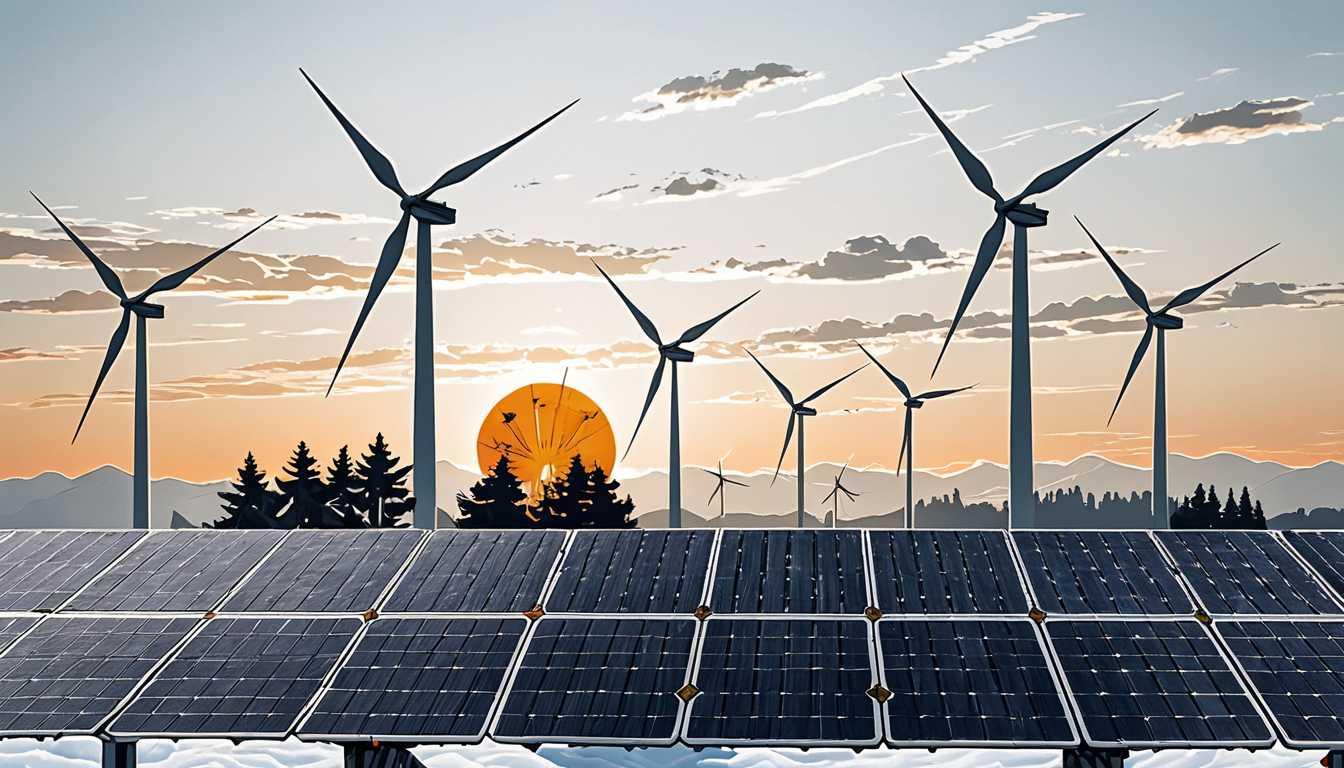Soda Cans: The Future of Clean Fuel!
July 2024
MIT News
Introduction
Hey there, future innovators! Did you know that your empty soda cans could help save the planet? MIT engineers have discovered a cool way to turn old aluminum into clean hydrogen fuel using seawater and a sprinkle of caffeine magic! This bubbling reaction could power boats and underwater vehicles without nasty emissions. Check out the full scoop on MIT News and learn how your next soda could fuel the future!
READ FULL ARTICLEWhy It Matters
Discover how this topic shapes your world and future
The Exciting Quest for Clean Energy Solutions
Understanding how to create clean energy is crucial in our fight against climate change. The innovative research being done by MIT engineers, who are finding ways to produce hydrogen fuel from old soda cans and seawater, highlights an exciting and sustainable solution to the global energy crisis. By turning waste materials into a clean fuel source, this breakthrough has the potential to reduce carbon emissions and reliance on fossil fuels significantly. The implications of this research could extend beyond just powering vehicles, it opens up a world of possibilities for renewable energy applications worldwide. Imagine living in a future where we can utilize readily available resources like seawater and recycled materials to create energy, making our planet healthier and more sustainable!
Speak like a Scholar
Hydrogen
A colorless, odorless gas that can be used as a clean fuel source. When burned, it produces only water vapor, making it environmentally friendly.
Reactor
A device or vessel in which a chemical reaction occurs, often used in the production of energy or other substances.
Ionic Solution
A solution that contains ions (charged atoms or molecules) which can conduct electricity, often used in various chemical processes.
Pretreatment
A process that prepares a material for further use or reaction, often enhancing its effectiveness.
Sustainable Cycle
A process that can be repeated indefinitely without depleting resources, ensuring environmental balance and conservation.
Caffeine
A natural stimulant found in coffee and tea that can speed up certain chemical reactions, as seen in the MIT study.
Independent Research Ideas
The Chemistry of Recycling
Explore how different materials can be reused in energy production. Investigating the chemical processes involved in recycling aluminum can lead to a deeper understanding of sustainability.
Marine Energy Sources
Research the potential of using ocean resources, like waves and tides, to generate electricity. This topic offers an exciting intersection of environmental science and engineering.
Hydrogen Fuel Cells
Investigate how hydrogen can be stored and used in fuel cells for vehicles. This area expands on the hydrogen production research and looks at practical applications in transportation.
Impact of Stimulants on Chemical Reactions
Study how different natural stimulants (like caffeine) affect the speeds of various chemical reactions. This could lead to novel insights into enhancing energy production methods.
Innovations in Green Transportation
Examine new technologies and methods being developed to reduce emissions in transportation. This could involve studying hydrogen-powered vehicles and their potential impact on the environment.
Related Articles

Charge Into a Safer Energy Future!
November 2024
MIT News

Charting a Greener Course: Shipping's Future
July 2023
MIT Technology Review

Water: The Future of Battery Safety
September 2023
MIT Technology Review

Smart Siting: Renewable Energy's New Game Plan
December 2024
MIT News

From Trash to Jet Fuel Magic
May 2024
The University of Sydney